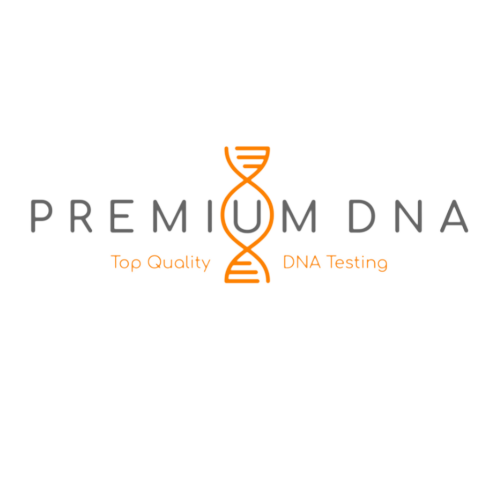FAQ
Premium DNA offers top quality legal and non-legal paternity testing in Griffin, GA and nationwide.
If you have any questions about paternity tests, call or message us at (678) 944-9107
What is DNA Testing?
DNA testing uses DNA to check the possibility of the biological relationship between two people.
Is DNA Testing Accurate?
DNA testing is 99.9% accurate when done accurately and properly. We uphold a strict error free procedure for handling and processing tests.
Does The Mother Of The Child Have To Test?
No. Mothers are not required for paternity testing.
Is There An Age Limit On DNA Testing?
No. There is not an age limit on DNA testing. Prenatal testing is offered for unborn children.
Can DNA results be used to obtain child support, social security, legitimation/rights, divorce, inheritance, or deceased cases?
Testing through Nationwide DNA Services via our accredited laboratories follows a strict chain of custody, which allows our results to be defensible in courts and other government agencies. Many of our clients use our results for the above mentioned reasons.
What is required to obtain an appointment?
For a chain of custody test (court admissible) all participants must bring a valid government-issued ID such as a driver’s license, state ID, or passport. For minors a birth certificate or social security card is sufficient, but NOT REQUIRED since the child’s legal guardian or alleged father must sign the consent form allowing the minor or newborn baby to be tested.
Who can sign for the minor?
Chain of custody testing requires a custodian to sign the minors testing consent form. However, a minor mother can sign for her child. If a tested minor is emancipated, we require a copy of documented proof.
What if the father is deceased or missing?
There are several options for deceased or missing alleged fathers:
· 1st option is DNA testing of samples taken from the deceased, such as a spot card, stored blood, or a tissue sample (usually from a coroners or medical examiner’s office) This type of testing is legal and acceptable by courts & social security.
· If there are no biological samples from the fathers, then a grandparentage test is the next option to be considered, however most government offices & courts treat these results as indirect evidence of paternity, other words non chain of custody-non legal.
· If the grandparents are not both available to be tested, other family relationships may be tested to determine paternity through genetic reconstructions, siblingship test, and others.
Have more questions? Call or Message us at (678)944-9107
